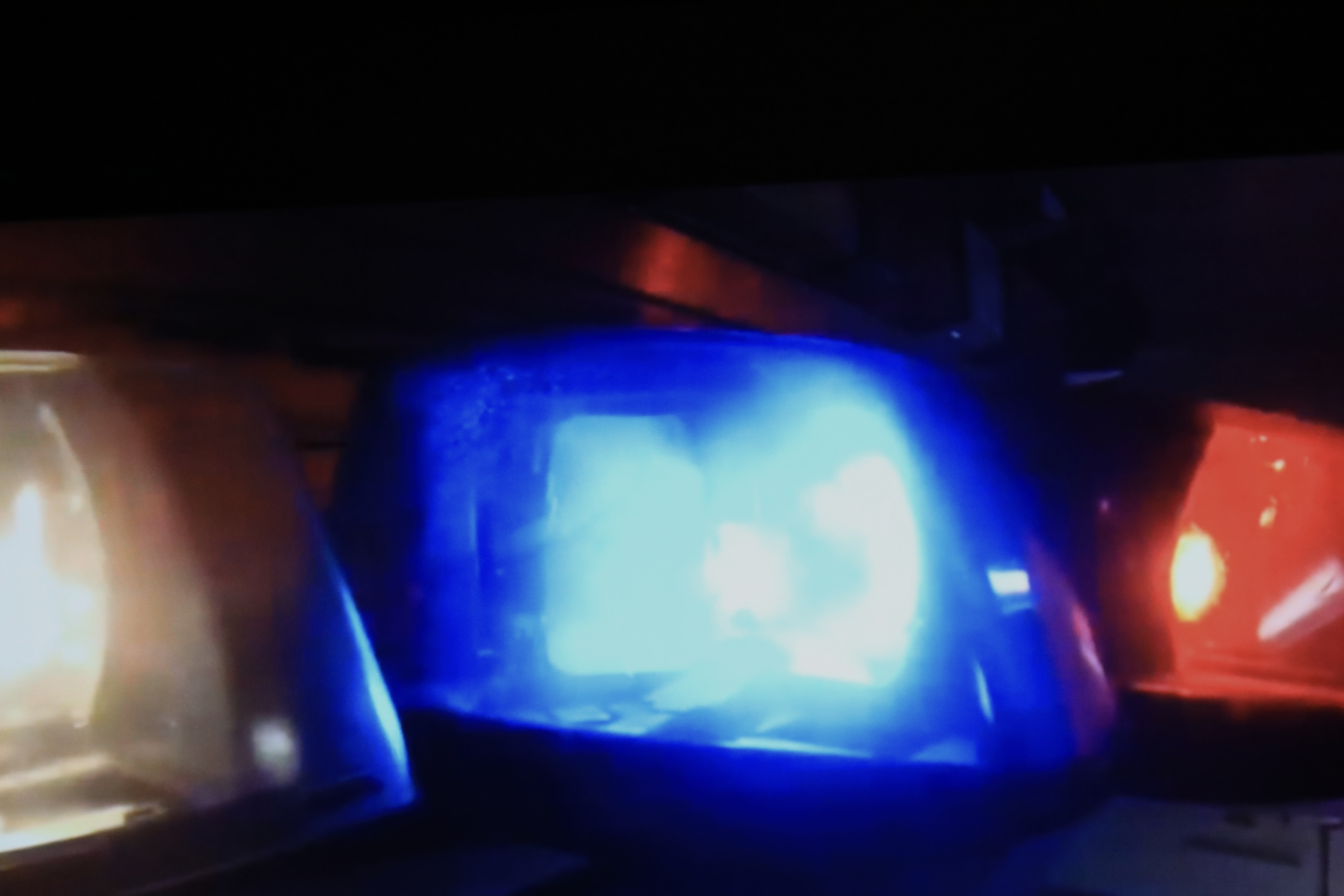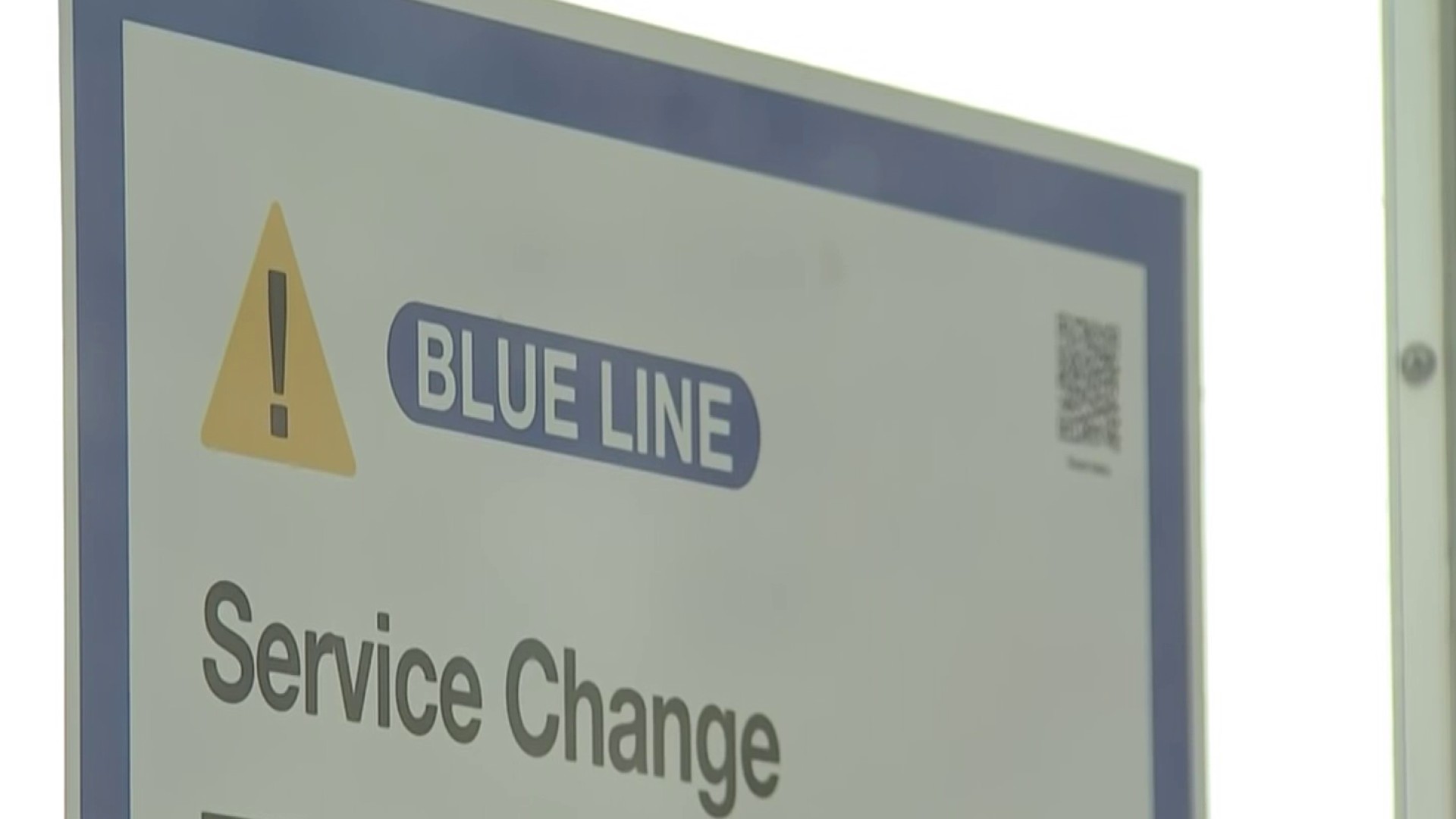Warning that a long-term federal intervention at the MBTA could lead to fare hikes and service cuts, a transit advocacy group on Wednesday slammed the T's board of directors for "lax oversight" and called on Beacon Hill to reimagine how Massachusetts funds the agency.
The Federal Transit Administration plans to launch a nearly unprecedented safety inspection of the MBTA in the wake of a string of breakdowns, crashes and fatal incidents, including a Red Line door malfunction on April 10 that killed rider Robinson Lalin.
WATCH ANYTIME FOR FREE
>Stream NBC10 Boston news for free, 24/7, wherever you are. |
In a 562-word statement on Wednesday that touched on long-standing budget gaps at the T and a lack of details about ongoing safety work, TransitMatters said it "acknowledge(s) the importance of an FTA safety review" while voicing significant concerns about where the federal government's new involvement could lead.
"The stakes are high. A full FTA takeover could result in forced fare hikes and service cuts, and put the federal government in charge of setting priorities," the group said. "This is unacceptable and would be a significant setback for priorities like Bus Network Redesign, low-income fares, and more. We need new resources and strong leadership because climate change, as well as racial, socioeconomic, and regional equity demand that the T be able to focus on both safety and expanding service and access."
Get updates on what's happening in Boston to your inbox. Sign up for our >News Headlines newsletter.
TransitMatters demanded that Gov. Charlie Baker and the Legislature "act now" through a transportation bond bill or budget bill to steer major additional funding to the MBTA -- a step in which neither Baker nor top Democrats have voiced any interest -- ahead of a projected budget deficit of hundreds of millions of dollars set to hit next year.
Advocates also urged the Legislature to "step up and provide the accountability and transparency the MBTA Board has failed to provide," arguing that the panel that held its first meeting in October has not followed through on priorities set by the now-dissolved Fiscal and Management Control Board.
FTA officials, who said they are "extremely concerned with the ongoing safety issues" at the MBTA, said in a mid-April letter they will pursue a safety investigation. Their worries and plans to get involved did not become public until nearly a month later when The Boston Globe on Monday reported about the correspondence.
"It is incredibly disturbing that the existence of this letter was revealed by The Boston Globe and not at the April 28th board meeting," TransitMatters said. "Advocates have expressed frustration at the lax oversight and refusal of the current Board to engage with the work of the FMCB. The FTA letter validates those concerns."
Get updates on what's happening in Boston to your inbox. Sign up for our News Headlines newsletter.
The scope and potential ramifications of FTA involvement are currently unknown.
The FTA has confirmed that it is conducting a safety management inspection of the MBTA but declined to provide a copy of the letter outlining concerns or plans. A spokesperson who agreed to communicate only on background told a News Service reporter to submit a Freedom of Information Act request to obtain a copy.
The spokesperson on Tuesday said the inspection "will help MBTA assess the strengths and weaknesses of its safety systems and identify areas where the agency can further reduce risks and make other safety improvements." Results of the investigatory work "will determine what next steps are taken by FTA," the spokesperson said.
The FTA's safety management investigation of the MBTA will be only the second time the federal agency has taken that step, following a probe of the Washington Metropolitan Area Transit Authority launched in 2015.
Federal officials took control of overseeing subway safety at the Washington, D.C.-area transit system, often referred to as Metro, for more than three years, then returned the responsibilities to a local agency in 2019.



